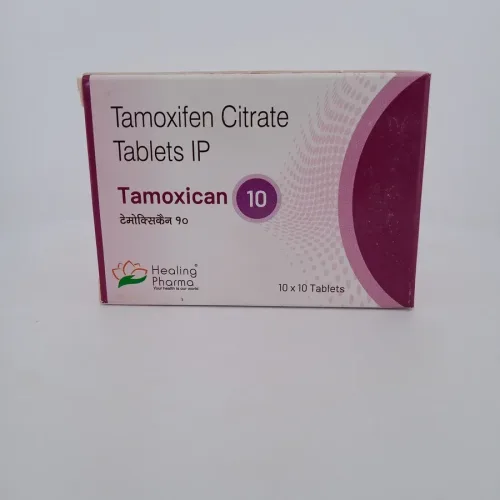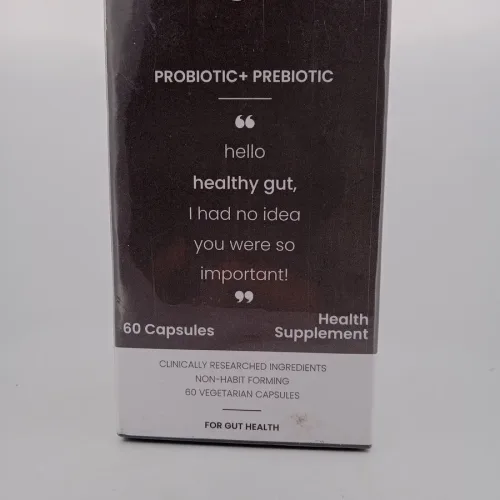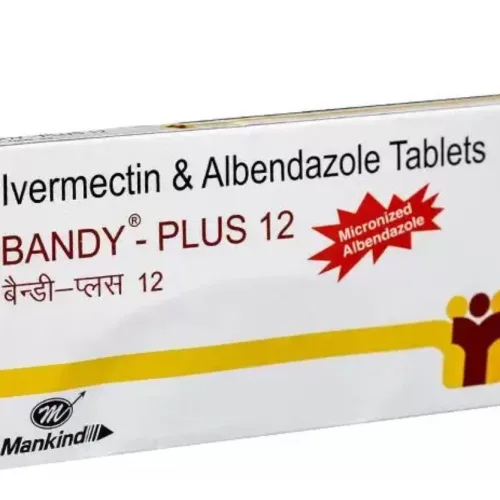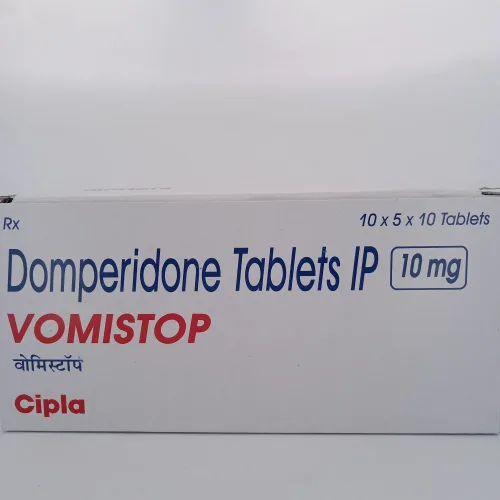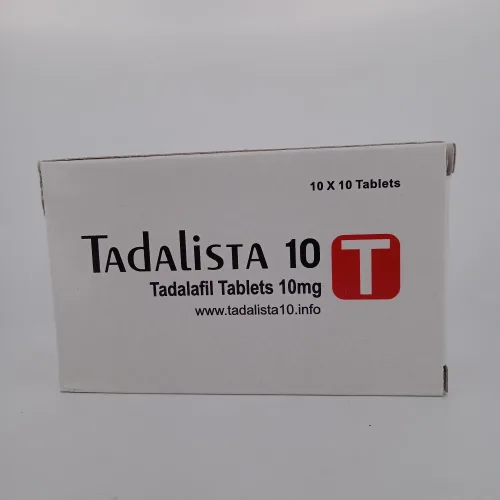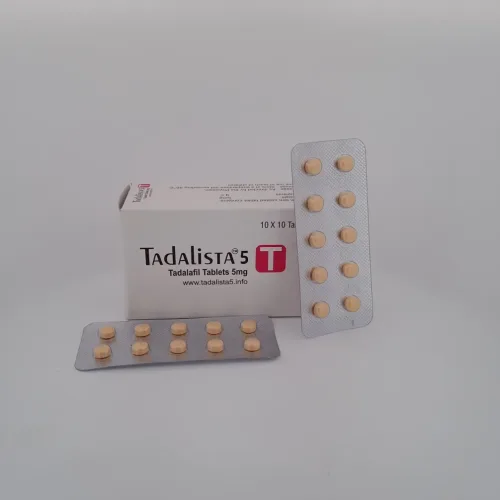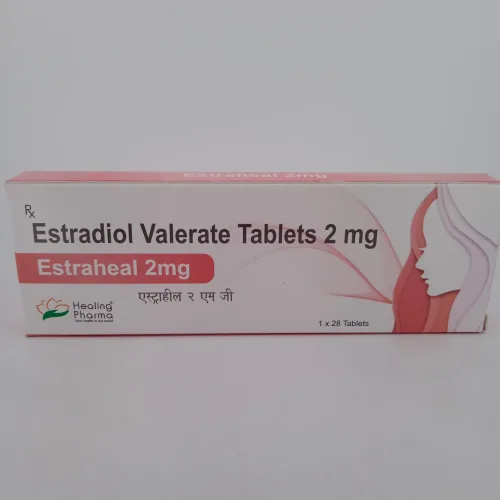we are committed to ensuring complete customer satisfaction.
Welcome to the new AIPCTSHOP! Better design, smoother checkout, and the same reliable delivery you trust.
USD $0.00
Cart TotalNo products in the cart.
Exclusive Products
USD $35.00 Original price was: USD $35.00.USD $31.50Current price is: USD $31.50.Add to cart
Vomistop 10 mg – 500 pill
Sunscreen is an essential part of any skincare routine, yet many people underestimate its importance. Whether it’s sunny or cloudy, UV rays can cause long-term damage to the skin. Understanding how sunscreen works and why SPF is a must-have can help protect your skin from premature ageing, hyperpigmentation, and even skin cancer. Always consult a medical professional before following any health advice or setting out a new skincare plan.
Protects Against Harmful UV Rays
Sunscreen shields your skin from UVA and UVB rays, which cause sunburn, premature ageing, and skin cancer. Using SPF daily minimizes UV damage and keeps your skin healthy in the long run.
Prevents Premature Aging
UV exposure breaks down collagen and elastin, leading to wrinkles, fine lines, and sagging skin. Sunscreen helps maintain skin elasticity, preventing premature ageing and keeping your complexion youthful and firm.
Reduces Hyperpigmentation and Dark Spots
Unprotected sun exposure triggers melanin production, leading to dark spots, melasma, and uneven skin tone. Daily sunscreen use helps prevent and fade hyperpigmentation, promoting a more even complexion.
Lowers Risk of Skin Cancer
Skin cancer is one of the most common types of cancer, and excessive UV exposure is a primary cause. Regular sunscreen application significantly reduces your risk of melanoma and other skin cancers by blocking harmful radiation.
Prevents Sunburn and Skin Damage
Sunburn isn’t just painful—it also weakens your skin barrier and increases long-term damage. SPF forms a protective layer that prevents burns, peeling, and irritation caused by excessive sun exposure.
Essential Even on Cloudy or Rainy Days
Up to 80% of UV rays penetrate clouds, meaning your skin is still exposed even on overcast days. Wearing sunscreen daily ensures year-round protection, no matter the weather.
Defends Against Blue Light Damage
Sunscreen with antioxidants protects against blue light from screens, which can contribute to skin ageing and pigmentation. A broad-spectrum SPF with added blue light defence helps keep skin radiant in the digital age.
Works Best When Applied Correctly
For maximum effectiveness, apply sunscreen generously (about a nickel-sized amount for the face) and reapply every two hours, especially when outdoors. Many people don’t use enough, reducing SPF protection.
Chemical vs. Mineral Sunscreens
Chemical sunscreens absorb UV rays and convert them into heat, while mineral sunscreens create a physical barrier that reflects UV rays. Choosing the right type for your skin type ensures better comfort and effectiveness.
A Must for All Skin Types and Tones
Everyone, regardless of skin tone, needs sunscreen. Darker skin tones are still susceptible to UV damage, pigmentation, and ageing. Using SPF daily keeps all skin types protected and healthy.
Conclusion
Sunscreen is a non-negotiable step in skin care for maintaining healthy and youthful skin. Whether indoors or outdoors, SPF helps shield against UV damage, premature ageing, and skin cancer. Incorporating sunscreen into your daily routine ensures long-term skin health. Always consult a dermatologist to choose the best sunscreen for your skin type.
Popular Post
Genetic Factors Behind Hair Loss
October 17, 2025
Safe Sex Practices Everyone Should Know
October 21, 2025
The Importance of Regular Sexual Checkups
October 21, 2025
Preventing Hair Thinning Naturally
October 17, 2025



